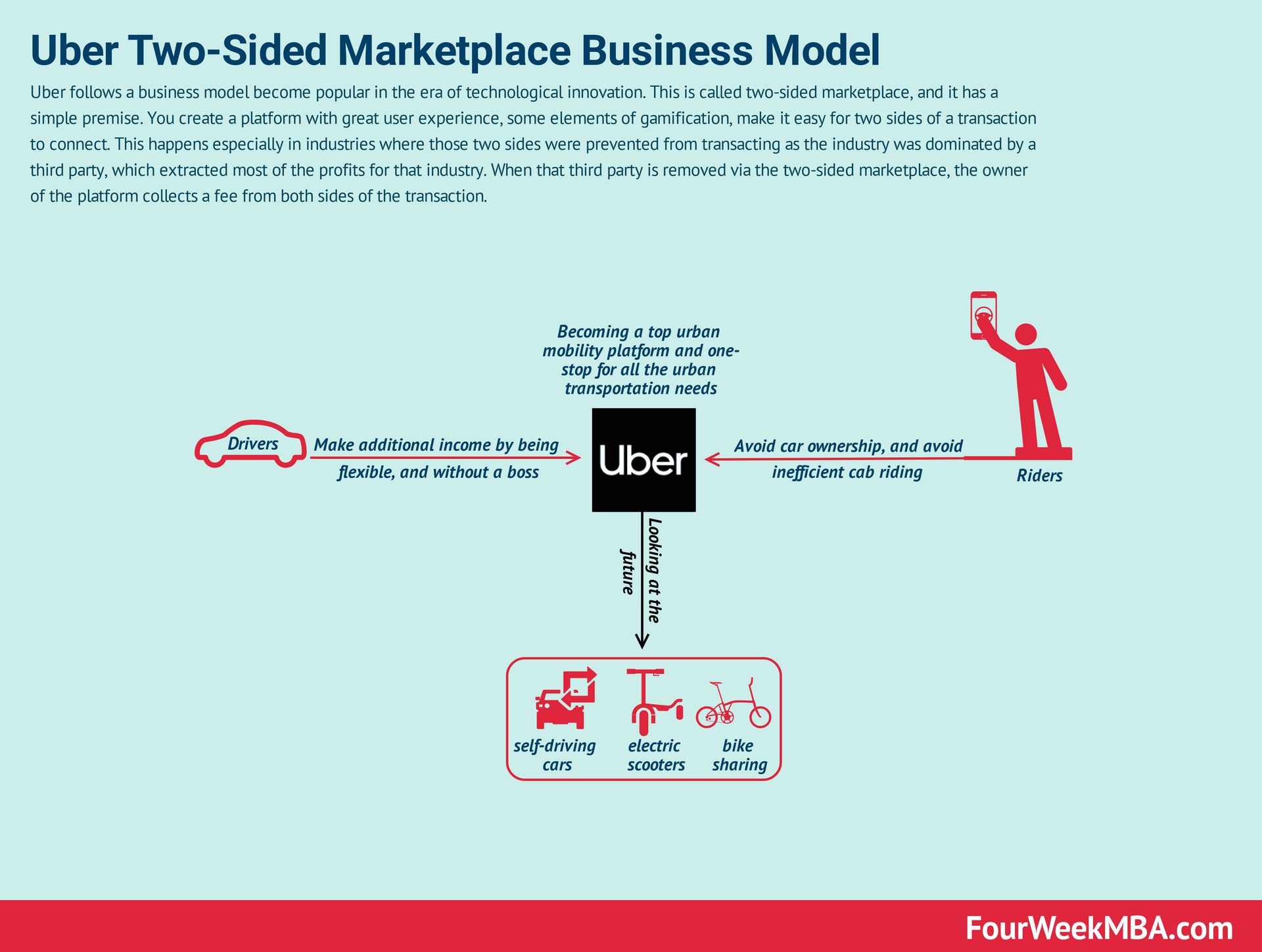Uber

Uber
The Uber story is one of those rare Silicon Valley tales that seems almost too good to be true. But it is.
It started, as these things often do, with a problem. Travis Kalanick and Garrett Camp were in Paris for a tech conference in 2008. They couldn't get a cab. Frustrating.
Most people would've just grumbled and moved on. Not these two. They saw an opportunity.
Back in San Francisco, they started tinkering with an idea. What if you could summon a car with your phone? Simple concept. Revolutionary implications.
The early days were tough. Kalanick and Camp were working out of a tiny office, scraping together funding. They launched in San Francisco in 2010 with just a few cars.

"We were just trying to solve our own problem," Kalanick said later. "We had no idea how big it would become."
Big indeed. Within a year, Uber was in New York. Then Chicago. Then Paris. The growth was explosive.

But it wasn't all smooth sailing. Taxi companies fought back hard. Regulators were skeptical. Some cities banned Uber outright.
Kalanick's response? Push harder.
"We're in a political campaign, and the candidate is Uber and the opponent is an asshole named Taxi," he told employees in 2014. Subtle, he was not.
This aggressive approach worked - for a while. By 2015, Uber was in over 300 cities worldwide. Its valuation hit $50 billion.
Then came the reckoning.
A series of scandals rocked the company in 2017. Sexual harassment allegations. A video of Kalanick berating an Uber driver. Claims of stolen self-driving car technology.
Kalanick was forced out. The company's reputation was in tatters.
Enter Dara Khosrowshahi. The new CEO had a mammoth task: clean up Uber's image and chart a path to profitability.
"The culture and approach that got Uber to this point is not what will get us to the next level," Khosrowshahi said upon taking the reins.
He wasn't wrong. Uber's IPO in 2019 was a disappointment. The stock price fell on the first day of trading.
But Khosrowshahi kept pushing. He expanded Uber Eats. He cut costs. He focused on markets where Uber could be profitable.
Slowly, things turned around. In 2022, Uber reported its first full year of profitability on an adjusted basis.
"The days of growth at all costs are over," Khosrowshahi declared.
Today, Uber is a different company than it was in its early, brash days. More mature. More focused. Still ambitious, but tempered by experience.
It's a company that changed how we think about transportation. That created a new category of work. That showed how technology could reshape an entire industry.
Not bad for an idea born out of a frustrating night in Paris.
Lessons
Lesson 1: Your culture is your product. Uber's early culture of "always be hustlin'" and "meritocracy" shaped their product and growth. But it also led to serious issues with sexism and unethical behavior. Culture isn't just about office perks. It's about the decisions your team makes when you're not looking. Dara Khosrowshahi, who took over as CEO in 2017, recognized this: "The culture and approach that got Uber to this point is not what will get us to the next level."
Lesson 2: Data can be a moat. Uber's vast trove of data on traffic patterns, rider behavior, and driver performance gives them a significant edge. This data helps them optimize routes, predict demand, and improve their service. It's a key part of their competitive advantage that's hard for others to replicate.
Lesson 3: Experiment constantly. Uber runs over 1,000 experiments at any given time. They test everything from UI changes to new service offerings. This willingness to experiment allows them to iterate quickly and find what works. As one Uber data scientist put it, "We're always looking to optimize driver, rider, eater, restaurant, and delivery-partner experiences through continuous experiments."
Lesson 4: Sometimes, you need to fire yourself. Kalanick's departure as CEO was crucial for Uber's turnaround. Recognizing when your leadership style is no longer serving the company is tough but necessary. As Khosrowshahi said when he took over, "This company has to change." Sometimes, that change has to start at the top.
Speeches and Interviews
- A Conversation with Uber CEO Dara Khosrowshahi and Kirk Watson
- In Conversation with Uber CEO Dara Khosrowshahi
- Uber CEO on Quest Means Business at Davos 2024
- Travis Kalanick, Uber, speaking at Startup Fest Europe
.png)









.png)

.png)
.png)
.png)
.png)


.png)
.png)























.png)




.png)


.png)





.png)

.png)


.png)
.png)